Meme tuğlası yüksek saflıkta hammaddelerden yapılmıştır, Titreşimli döküm ve düşük sıcaklıkta pişirme ile oluşturulur, ve yüksek termal dayanım avantajlarına sahiptir, termal şok direnci, korozyon direnci ve erozyon direnci, ve termal onarım.
Nozul tuğlasına giriş
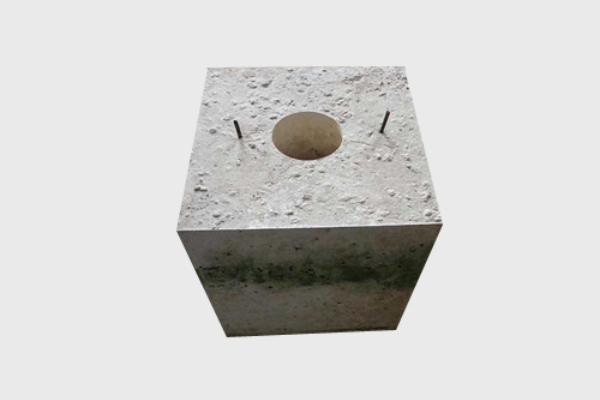
Koltuk tuğlası, nozül tuğlasını sabitlemek için çelik tamburun altına inşa edilmiş refrakter bir tuğladır.. Şekli karedir, bu yüzden buna kare tuğla da denir. Oturma tuğlası su çıkışının konumunu sabitlemek için kullanılır; su çıkışının sökülmesi ve takılması için uygundur; dökerken durdurucu çubuğun alt ucunu destekler; döktükten sonra, durdurucu çubuğun ark yüzeyi boyunca su çıkışına doğru kaydığından emin olun, ve ardından enjeksiyon akışını keser. Koltuk tuğlası malzemeleri kile ayrılabilir, yüksek alümina, veya pişirilmemiş yüksek alümina.
Yangına dayanıklı nozul tuğlasının özellikleri
| Öğe | Dizin | ||
| Krom Erimiş Alümina | Erimiş Alümina | Korindon Spinel | |
| Al2Ö3 % | ≥90 | ≥92 | ≥80 |
| Al2Ö3+MgO % | / | / | ≥92 |
| CR2Ö3 % | ≥2 | / | / |
| Yığın yoğunluğu g/cm3 | ≥3.0 | ≥2,95 | ≥2,95 |
| Soğuk Kırma Dayanımı MPa | ≥60 | ≥50 | ≥50 |
| 0.2MPa Yük altında refrakterlik °C | ≥1700 | ≥1700 | ≥1700 |
Meme tuğlasının özellikleri
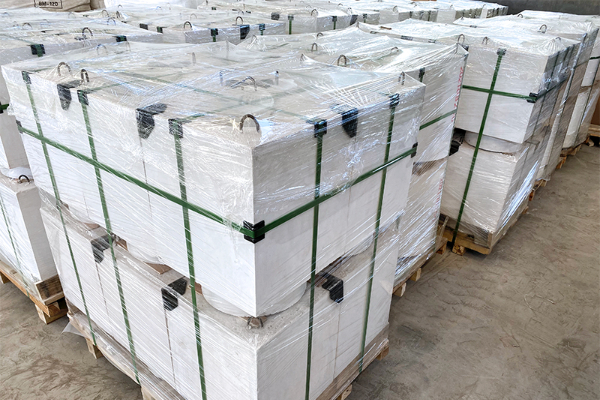
- Yüksek sıcaklıkta korozyon direnci
Rafinaj potalarının sıcaklık ve zaman açısından çok katı gereksinimleri vardır, ve maksimum sıcaklık çoğu zaman bu değerlerin üzerine çıkar 1750 ℃. Rafinaj işlemi sırasında, cürufun alkalinitesinin refrakter malzemenin ömrü üzerinde büyük etkisi vardır. Pota rafinasyonu cürufunun alkalinitesi yaklaşık olarak değişir. 0.6 ile 0.4, Böylece refrakter malzemeler asidik cüruf tarafından aşındırılır, ve yüksek sıcaklıklarda güçlü geçirgenliğe sahip alkali cüruf hızla zarar görür. - Yüksek sıcaklıkta aşınma direnci
Çeşitli pota arıtma yöntemlerinde zorla karıştırma kullanılır, bu da yüksek sıcaklıklarda nozul tuğlasında ciddi aşınma ve yıpranmaya neden olur. - Soyulma direnci
Aralıklı çalışma nedeniyle, sıcaklık büyük ölçüde değişecek, termal dökülmeye ve yapısal dökülmeye eğilimli olan, ve kullanım koşulları çok zorlu. Halihazırda kullanılan çelik kaplı nefes alabilen tuğlaların performansı ile sahip olması gereken performans arasında büyük bir boşluk bulunmaktadır.. Örneğin, yüksek sıcaklıkta korozyon direnci ve dökülme direnci açısından, özellikle dökülme direncinin iyileştirilmesi gerekiyor.
 Rongsheng Grubu
Rongsheng Grubu

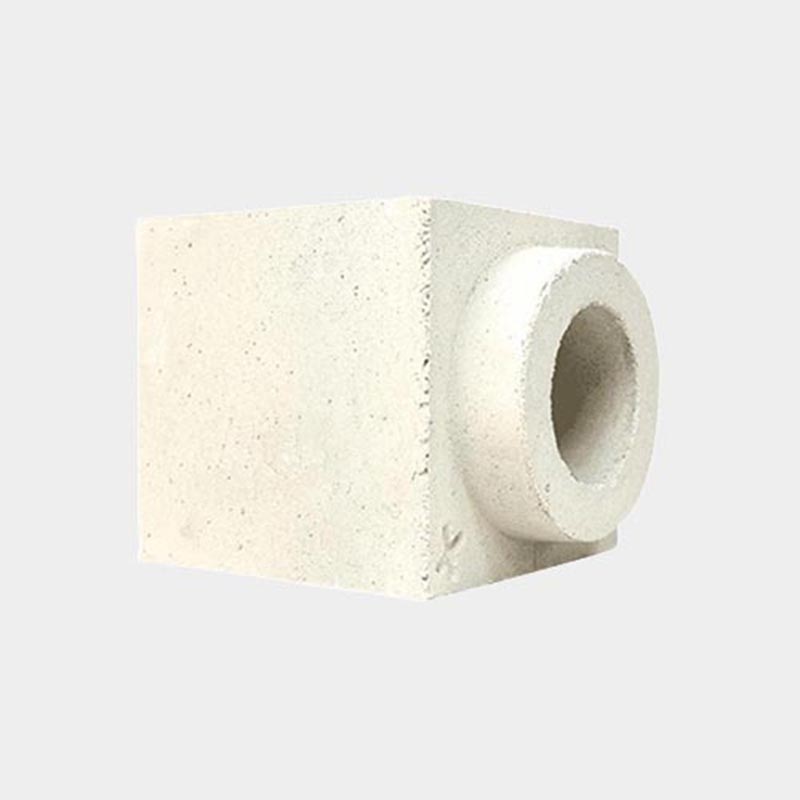
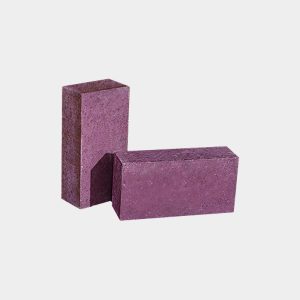
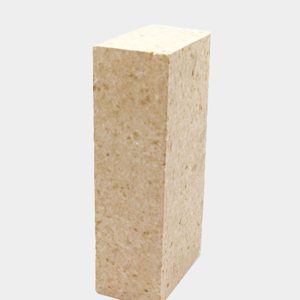
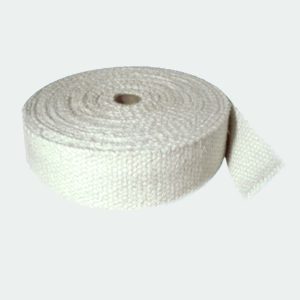
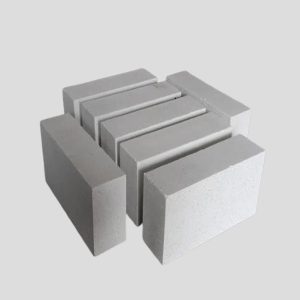
WeChat
QR Kodunu wechat ile tarayın